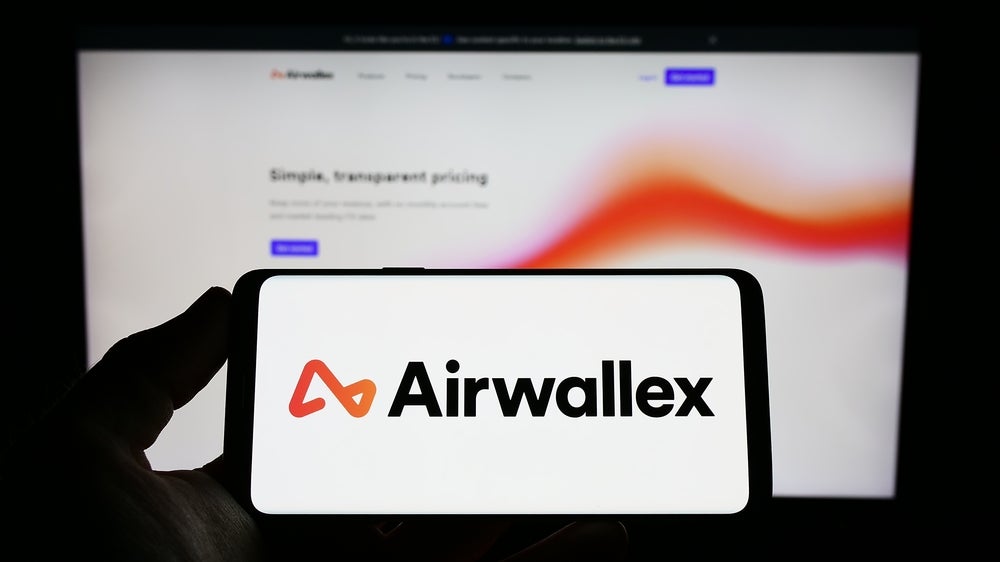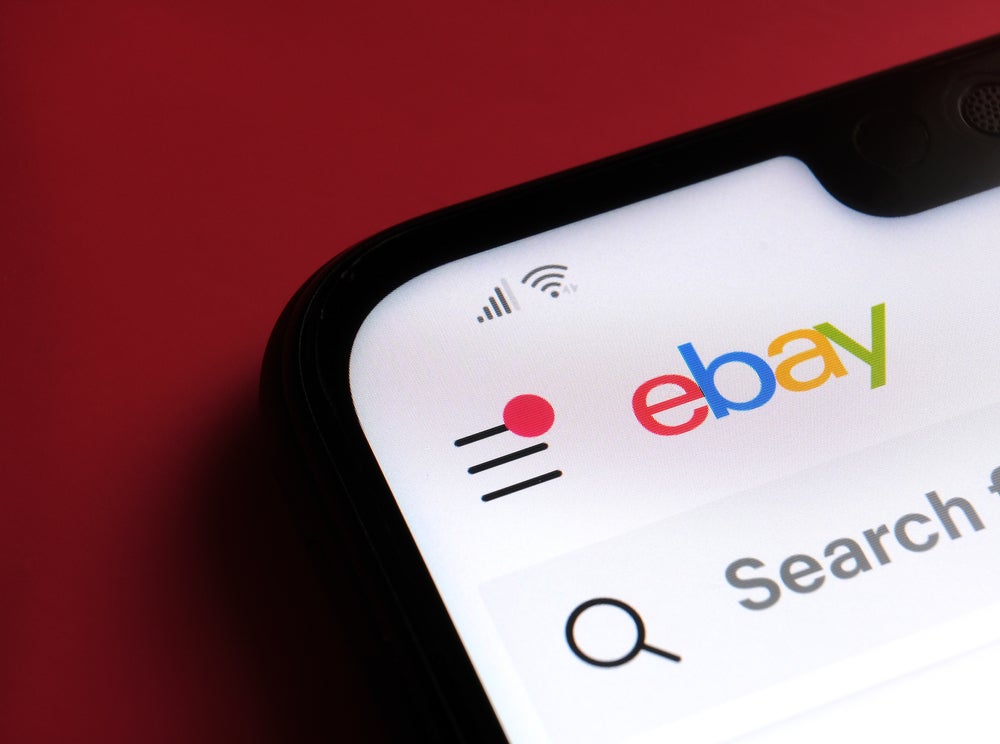Plenty of attention has been given to the
consumer-focused prepaid market, but it is important to remember
that this is dwarfed by the potential for commercial prepaid
products. John Hill spoke to MasterCard’s Matt Lanford about the
advantages business can gain from prepaid.
 MasterCard has been
MasterCard has been
working hard in Europe to promote the advantages and opportunities
that prepaid card can provide over other forms of payment.
While a lot of coverage of the
industry in recent months has revolved around success stories like
the social benefits scheme in Italy (see CI 432), Matt
Lanford, head of prepaid at MasterCard Europe, spoke to CI
about the possibilities for the corporate prepaid arena – a large
but untapped prepaid market.
Aside from its use as a secure
payroll card, there are other possibilities for the technology,
including a replacement for petty cash and smaller purchases.
Lanford said many businesses also prefer to provide employees with
prepaid cards rather than extending them funds through a credit
card.
“Can you give 100% of your employee
base a credit card? Do you want to give 100% of your employee base
a credit card? The most often response to that is not really,” he
said.
How well do you really know your competitors?
Access the most comprehensive Company Profiles on the market, powered by GlobalData. Save hours of research. Gain competitive edge.

Thank you!
Your download email will arrive shortly
Not ready to buy yet? Download a free sample
We are confident about the unique quality of our Company Profiles. However, we want you to make the most beneficial decision for your business, so we offer a free sample that you can download by submitting the below form
By GlobalData“I may have consultants or
temporary workers that I can’t give a corporate credit card to, or
perhaps I’m a small business and I can’t get a corporate credit
card myself.
“Maybe I have less than 100
employees and I can’t get a corporate credit card for everyone that
works for me, but I still have employee purchasing needs. This
means I’m either giving them cash or my credit card, or the company
debit card, and that’s where prepaid comes in – it enables that
company to give their employees a purchasing product with a lot
more control than they may have previously had.”
Lanford continued: “We see many
variations on this – for example, airlines and crew cards is a very
popular one, where airlines will give per diems to their
flight attendants when they go on trips – one is Virgin Airlines
that uses the Travelex product. What they do is that as soon as the
plane doors shut, money is loaded onto the product.
“We see these cards being used for
special events and meetings, for example if you’re an events
company and hiring a lot of temporary workers to manage your event.
Another example is that of the construction industry, where you
will be hiring day labourers or temporary workers, and you need
them to get supplies.”
While there is a lot of scope for
corporate prepaid cards, there will always be some resistance to
the adoption of a new system, especially within a large business.
Lanford explains that it doesn’t necessarily have to replace
current corporate credit portfolios.
“You’re always going to have the
corporate credit card out there, and I see prepaid as an add-on to
a corporate credit portfolio, its not a replacement for a credit
portfolio, it’s where you don’t have the ability to use that credit
card, where perhaps you don’t want to give the card to a
non-employee or temporary worker,” he said.
“We have seen this becoming
especially prevalent in the fleet industry, where in fact the
switch has been from credit-type product to prepaid, where you are
giving the drivers cards to buy fuel and other items.”
The problem of
upkeep
One of the issues commonly
associated with prepaid is the cost to consumers for its upkeep.
Having to pay out when buying the initial card, topping up the card
and sometimes even management fees means that it tends to be used
in specific situations in an open loop environment. When it comes
to corporate prepaid though, Lanford says a lot of the costs to the
end-user can either be eliminated or minimised.
The majority of the costs in
prepaid programmes are generally absorbed by the employer, for
example through transaction fees paid to a programme manager or
processor, and these are likely to be less than administering
reimbursement programmes manually, Lanford said.
“There is no cost for the employee
to use this card because it is their employer’s card. While the
corporation may be paying some per transaction fee to whomever the
program manager or processor is for this product, that cost is most
likely less than the expense they would have incurred doing this as
a manual process,” he added.
“On the other hand, if they do
decide to pay slightly more, they will be getting much more value
and management information as well as a greatly increased level of
control. The value added usually means they are willing to pay a
little bit more to have that service, but usually on all corporate
products including payroll it’s not the cardholder who’s paying for
it, it’s the corporation.”
Lanford also spoke of how education
at the top level of a company on the use of prepaid can help
introduce card usage to a foreign population as it trickles
down.
“I’m seeing more and more
advertising and education to employers about these corporate
prepaid cards. One of the most important aspects of corporate
prepaid is education, where you essentially have two different
levels of education. First you have to educate the employer,
telling him that this is good for their business and how they can
make it work. Then you have to educate the employees to want to opt
into it, as a lot of prepaid products, including payroll, cannot be
mandated,” he said.
“Of course once you get a program launched in a company you can
then actually educate the employees on how to use a plastic card,
so explaining to them they don’t have to take all their money out
of an ATM straight away, they can use the card itself as a payment
tool.”







